Outsourcing can often carry negative connotations, such that the services or products associated with it aren’t up to the same standards as those done in-house. However, this is certainly not the case. Outsourcing, like consulting, is a way of accessing expertise that exists outside of your organization. This article will explore why your workplace should consider outsourcing IT support. Whether you’re looking to assist your current department or completely outsource IT support, managed IT service providers can reduce costs, enhance IT expertise, and minimize corporate risk, all while delivering expert-driven services that propel your business forward.
Table of Contents
What Is Outsourced IT?
Outsourced IT support uses a third-party company, like a managed services provider (MSP), to manage, maintain and optimize your IT department. Outsourced IT services include help desk support, network monitoring, backup and recovery planning, and cybersecurity services, among others.
Outsourced IT Support by the Numbers
- Globally, IT outsourcing spending is expected to increase by 22% from 2019 and will reach $529 billion by the end of 2023.
- On average, businesses dedicate one-fifth of their IT budget to security, and 47% will invest in network security within the next year.
- 37% of SMBs have security assessments run three or more times yearly.
- Businesses with 20 – 200 employees are the most common users of outsourced IT.
- Businesses using an MSP spend between $5,000 and $15,000 per year on managed services.
10 Benefits of Outsourced IT Support
When you outsource your IT department, there are numerous benefits, from cost savings to increased efficiency. This, tied to the added value of having industry experts at your fingertips, makes outsourcing IT services a substantial competitive advantage to your business. With that said, let’s look at the top 10 benefits of outsourced IT support:
1. Lockdown costs
Outsourcing IT support will lower operational costs by reducing the in-house resources required to strengthen your technology. In addition to reducing operating expenses, capital is also freed up to help meet company objectives and put the focus back on your business.
Managed IT services act as a long-term savings plan by fixing costs, making it easier to control your business’s spending on technology.
When you outsource your IT department, any issues are covered under a flat fee agreement, and spikes in costs associated with these issues are removed. Furthermore, partnering with an IT provider who has your long-term interests in mind ensures that your IT grows strategically with your business.
2. Expert Advice
Outsourced IT support means you gain access to a team of experienced cross-sectional experts. You get the best of both worlds: highly specialized technical knowledge and a broad skill set. By outsourcing IT support, your organization will receive expertise in areas such as virtualization, the cloud, cybersecurity, business continuity, infrastructure, and more to create a well-balanced skill set. Additionally, you can use these specialized skillsets only as required – no need to hire an expensive specialist at an ad-hoc rate because this technical expertise is included in your SLA.
Outsourcing IT support means you’ll be at the forefront of technology by gaining access to the latest and greatest IT services and offerings. IT is the core competency of managed service providers’ businesses, so you can trust that they’re up-to-speed with the latest in the industry compared to what’s on the way out, and can identify the best option for your business.
3. 24/7 Monitoring
Technology is at the core of every business and needs to run 24/7. When you bring in outsourced IT support, it reduces corporate risk. MSPs can assist around the clock with a team of available technicians and beyond the regular 9 to 5, Monday to Friday schedule. Managed IT service companies can provide support during regular business hours, after working hours, on weekends, and on holidays.
4. Saves You time
If you outsource your IT department, you’ll notice that your employees can increase their productivity as they will be able to handle technical issues. With an MSP, anytime you or an employee experience an issue, your technicians are on standby to resolve problems quickly with minimal interruptions to your daily tasks.
5. Focus Internal Resources on Business Objectives
With outsourced IT support, the human and financial resources previously allocated to in-house IT support can be redirected to internal core business functions. When you outsource, you free up internal resources. So, instead of spending time on IT issues, you can focus on core operations, like growing and serving your customer base.
6. Scalability
With outsourced IT, you can scale operations up or down with agility. The time-consuming process of hiring additional staff with the necessary experience and onboarding them is bypassed as your IT provider adds other resources to your organization. The seamless process guarantees that everyone working on your business’s IT needs is on the same page.
7. Risk Reduction
With an increased amount of sensitive data floating through your business, the risk of data safety and security has never been greater. With outsourced IT, you mitigate potential security breach risks, data loss, and downtime. Your provider will always ensure you use the best technology and practices to protect your business.
8. Vendor Relationships
The backbone of IT is the technology — the hardware and software you use. But building relationships and knowing what technology is best can be daunting and time-consuming. Suppose you outsource your IT department to an MSP. In that case, they have pre-existing relationships with vendors, ensuring you’ll get better pricing and the most effective technology for your business without the hassle of maintaining vendor relationships.
9. Compliance and Security
Despite their best intentions, it can be difficult for internal teams to meet industry compliance and regulation standards. With such high workloads, the possibility of slipping through the cracks is too great. However, with outsourced IT services, your MSP will ensure adherence to industry regulatory compliance standards and best practices. At the end of the day, you’ll be able to rest easy knowing that your IT department is always held to high standards.
10. Gain a Competitive Advantage
Lastly, and arguably most importantly, you can gain a competitive advantage with outsourcing. As a small and medium-sized business, the capabilities of an internal team are limited to the resources you allocate. However, with an outsourced team, you can level the playing field between you and your larger competitors.
What IT Services Can Be Outsourced?
IT services is an umbrella term for the many services that an MSP can offer. Depending on your business needs, you may require a comprehensive offering that includes help desk support, network management, cybersecurity services, and project management. Or, if you have more niche needs, you may only require projects like IT consulting or digital transformation. Whatever your company’s demands are, it’s essential to understand and be aware of the services you can outsource.
Cloud Management
Cloud managed services is a fast-growing IT service. With businesses handling more and more data, their need for storage grows daily. Cloud services allow an MSP to support your transition to cloud storage from on-prem. Additionally, an MSP can manage and maintain cloud infrastructure to ensure you’re able to access your data anywhere at any time.
Backup and Disaster Recovery
Coinciding with cloud computing services are backup and business continuity plans. With an outsourced IT provider, they will implement and manage backup and disaster recovery solutions to ensure business continuity in the event of a system failure or disaster-preventing data loss.
Mobile Device Management
With the increased need to work from anywhere, mobile device management (MDM) is a highly important service for businesses that use laptops, tablets, and mobile devices. While hugely beneficial to workplace flexibility, these devices also represent a security risk. When lost or stolen because of the data and information stored on them. With MDM, you can eliminate this risk and have remote control and access over all your devices anytime. An outsourced IT provider will be able to access the device and wipe it clean to prevent a cybercriminal from accessing proprietary information.
Network Management
With network and infrastructure management, an MSP manages your IT environment holistically. They’ll keep tabs on devices, servers, switches, and routers, ensuring they are secure, reliable, and performing optimally.
Help Desk and Technical Support
Help desks are the most outsourced IT services. A help desk is essentially a virtual queue where you can submit issues related to hardware and software for troubleshooting, resolve connectivity problems and configure devices. Most MSPs follow a typical model, where all issues are sent to a help desk, and the next available technician will accept the issue. However, with his model, there is a tendency for long wait times and a need for more clarity on this issue and how it impacts your business.
With the SysGen model, we don’t use a help desk. Instead, your company is assigned a technician who will immerse themselves in your business to understand how you use information technology for your operations. The benefit of this model is that you’ll always have the same technical helping your team. They’ll be better equipped to catch and mitigate recurring issues and have better response times.
Cybersecurity
Cybersecurity is a rapidly evolving field, and because of this, it’s difficult to have sufficient internal security resources and expertise. There are some tips and tricks you can employ to protect your business. But, having an outsourced cybersecurity provider means they can develop, implement, and manage cybersecurity solutions suited to your business-specific needs. They’ll ensure you have the right technology, including firewalls, antivirus software, and intrusion detection systems, to protect against cyber threats and data breaches.
Backup and Business Continuity
Nowadays, we depend on access to data, from client information to important documents, and having access to that information is always critical. With outsourced IT support in backup and business continuity, you can leverage the expertise of a provider. At SysGen, we are proud to be a Datto partner and work with the latest and greatest technology.
We use virtualized backups that continuously send our data into the cloud, ensuring that in the event of a disaster, your business will need to be down for more than a few minutes, with minimal, if any, data loss. With business continuity planning, it’s important to consider a holistic approach to strategy with IT consultants who look past your computer systems and dive deeper into understanding the full impacts of how downtime can impact your business in order to best protect it.
Project Management and IT Consulting
The main benefit of outsourced IT consulting is you can always ensure your IT-based business projects are executed on time and within budget. With expert IT consultants, you’ll gain insights into your IT infrastructure and save time and resources to focus on your business core functions — not technical issues. MSPs will manage IT projects, including software and hardware upgrades, network migrations, and technology implementations.
When selecting an IT consultant, you need to factor in their experience, cost-effectiveness, and how personalized their support is. These details determine the effectiveness of consultants and how they can impact your business operations.
Digital Transformation
Digital transformation solutions can help organizations increase the efficiency of their operations, reduce time spent on tasks, and reduce the number of employees that need to be involved in business processes. Digital advisory services are key to facilitating digital transformation and adoption in your business, however, understanding how to do this requires extensive strategy building and knowledge that an outsourced IT provider can offer without the cost of adding in-house experts.
When You Should Outsource Your IT
Outsourcing isn’t for everyone. For some businesses, it just doesn’t make sense. Outsourcing isn’t necessarily the most cost-effective solution when you have excess resources and are large enough to build an internal IT department from the ground up. However, outsourcing is a key service to improve efficiency for many small and medium-sized businesses looking to minimize risk and cost. Here are some situations where leveraging an outsourced IT provider is the best solution:
- If you don’t have IT expertise and your business does not have the in-house expertise to manage complex IT systems or networks, outsourcing can provide access to a team of experts who can provide the necessary support and guidance.
- If you have budget constraints. Outsourcing your IT can be more cost-effective than hiring a full-time IT staff, especially for small or medium-sized businesses that may need more resources to maintain a dedicated IT team.
- If your business is expanding or downsizing, outsourcing your IT can provide flexibility in scaling your IT resources up or down as needed without having to worry about hiring or firing staff.
- If you notice your technology is not performing the way it should. Information technology should propel your business forward, supporting your operations and objectives seamlessly. When technology is a hindrance rather than a supportive tool, outsourcing IT and leveraging consulting services is instrumental to improving your overall business functions.
When You Shouldn’t Outsource Your IT
Outsourcing is a great cost-effective solution for businesses that can’t hire an internal IT department. However, there are circumstances when outsourcing your IT resources just isn’t worth it. Consider the following scenarios:
- If you have the excess resources and capacity to have a full-fledged internal IT department. In this case, large businesses that can hire internal IT staff, cybersecurity experts, and technicians can do so to keep their resources in-house.
- If you have a small business with only a few employees and basic IT needs, managing your IT systems in-house may be more cost-effective. You may only require specialized IT support if you are a small business with five employees.
Outsourcing Your IT: Pro Tips
If you’ve decided to outsource your IT department, you’ll now need to consider what to look for in an outsourced IT provider. The first step is to look inward at your organization and then at MSPs to determine what service delivery will best support your business.
- Understand your IT needs: a considerable part of outsourcing your IT is first understanding, at a basic level, what you need from a provider. Is a help desk necessary? Is cybersecurity your top priority?
- Response times and accountability mechanisms: Many providers use service level agreements (SLAs) to ensure that you’re always helped in a timely manner.
- Vendor partnerships: Look at what technology providers a potential MSP has relationships with. These relationships ensure you get not only the best technology, but also the best pricing.
- Expertise and experience: Look for an IT service provider with experience and expertise in your business needs. Ask for references and case studies to see how they have helped other businesses in similar situations.
Getting Started With Outsourced IT Support
Outsourced IT support locks down costs, gives your company access to the latest and greatest technology, and offers around-the-clock assistance. SysGen Managed IT Services provide comprehensive, non-stop technology support for organizations that depend on a strong network to maintain business operations.
Find SysGen’s IT support and managed IT services in Calgary, Edmonton, Red Deer, Vernon, and Kelowna. Contact us to learn more about SysGen’s cloud offering, cybersecurity services, managed security, and digital advisory team.



